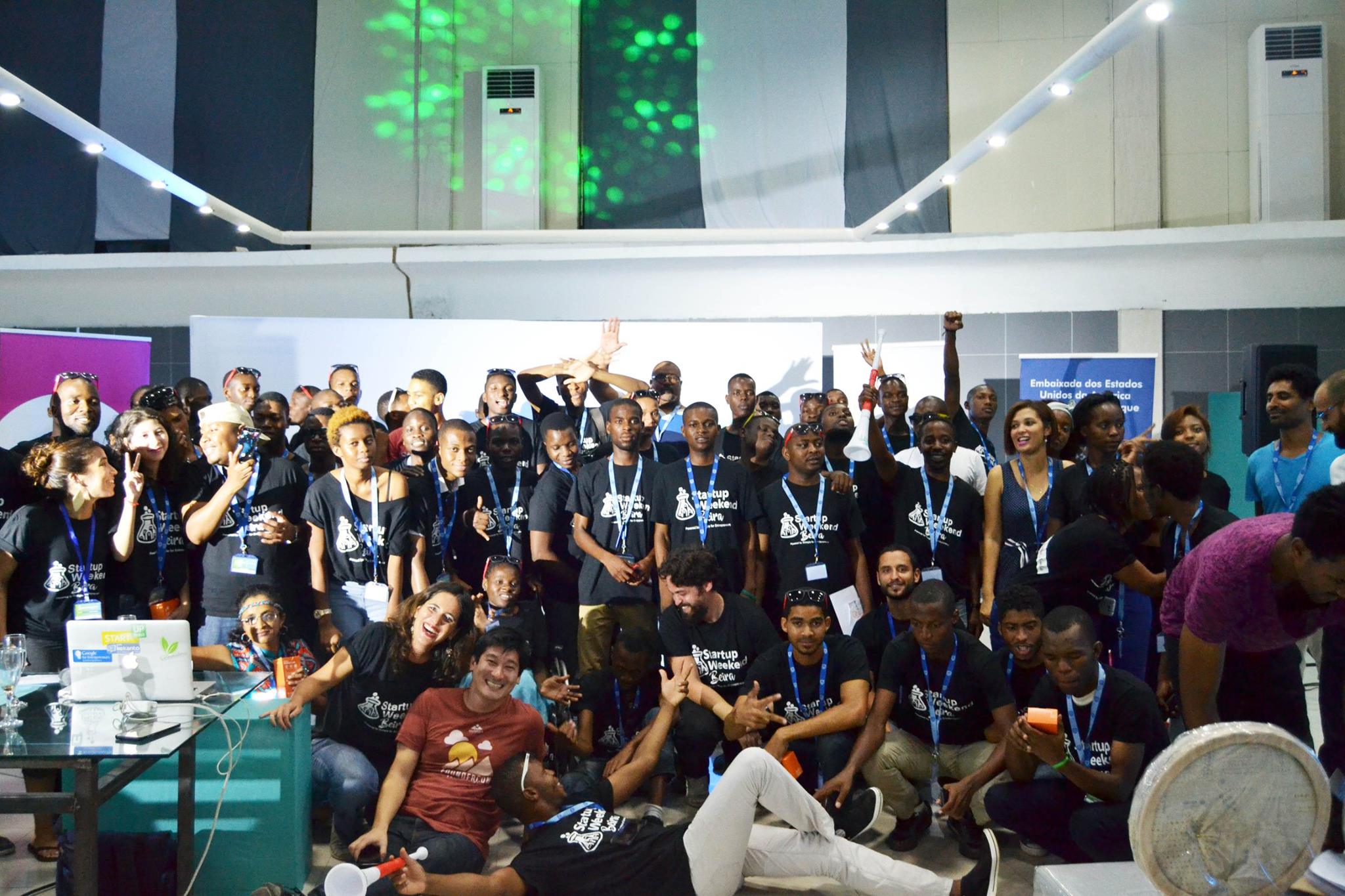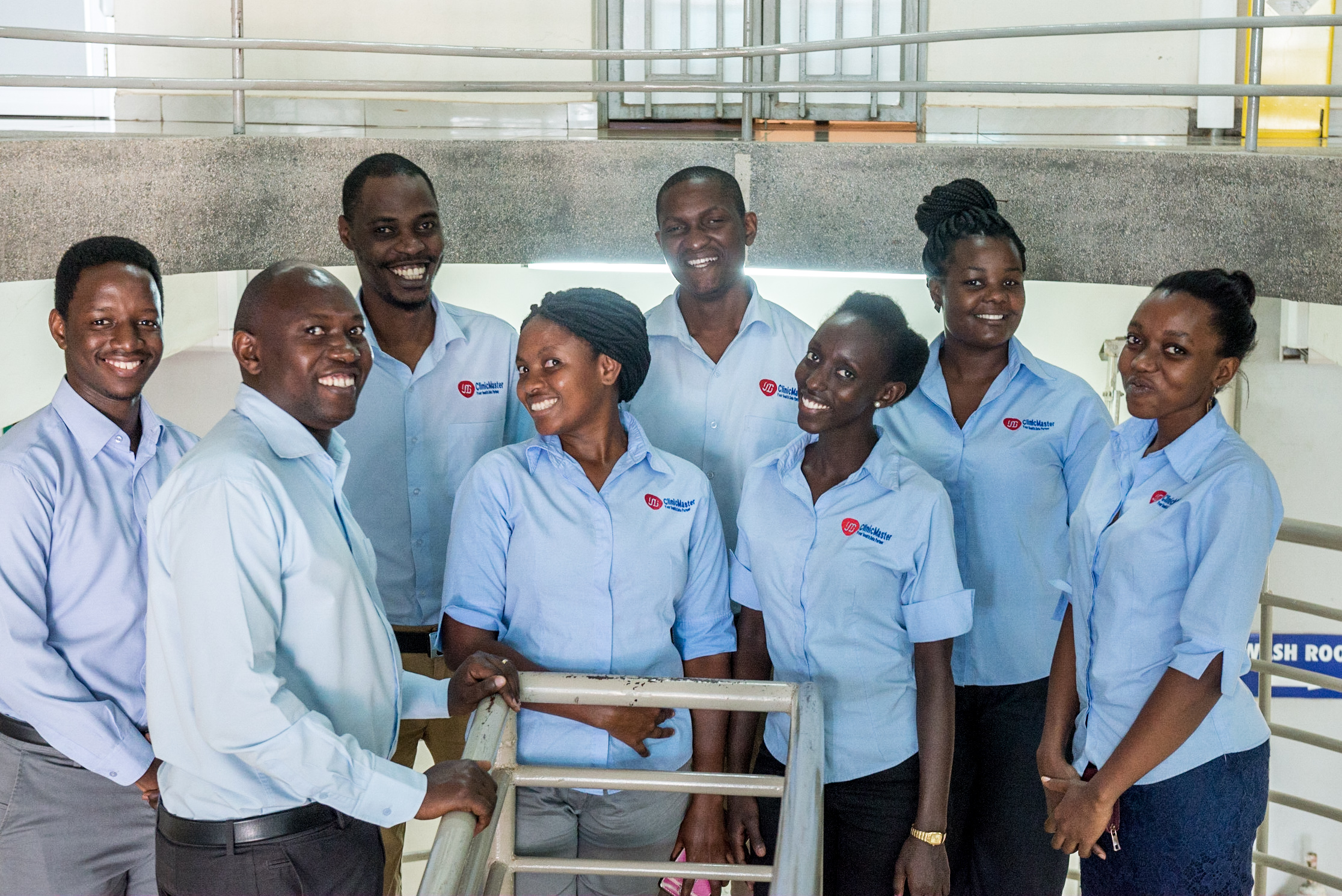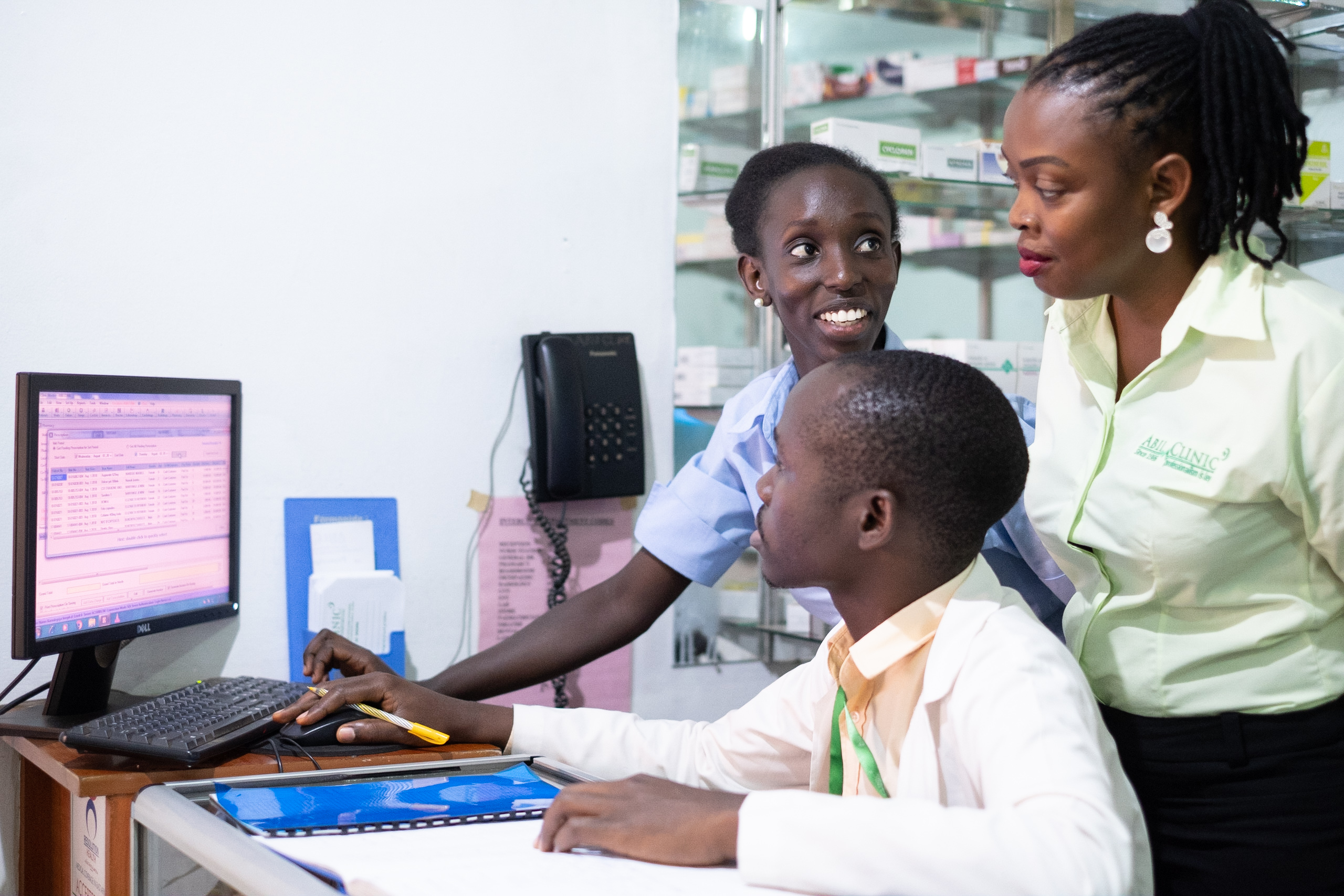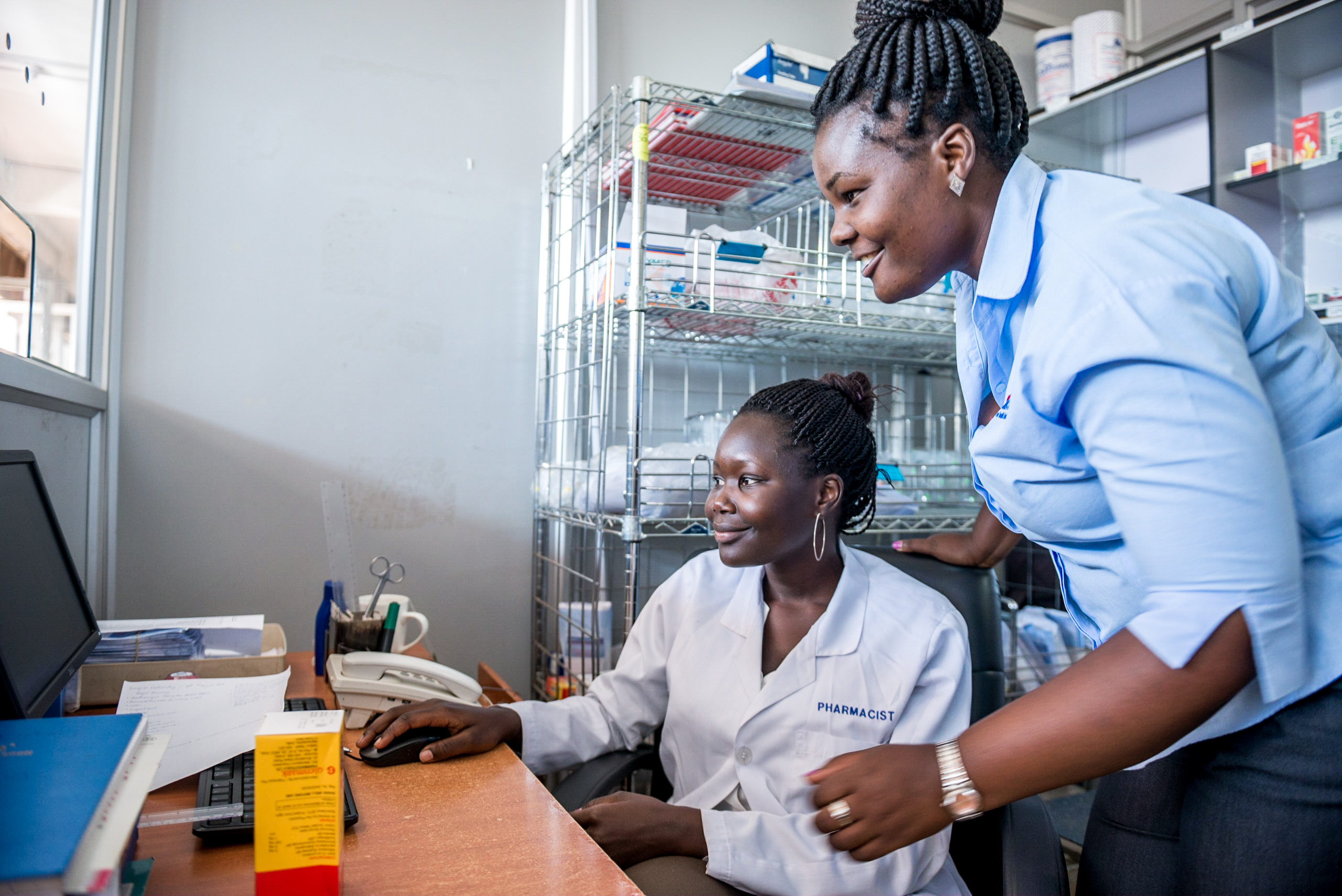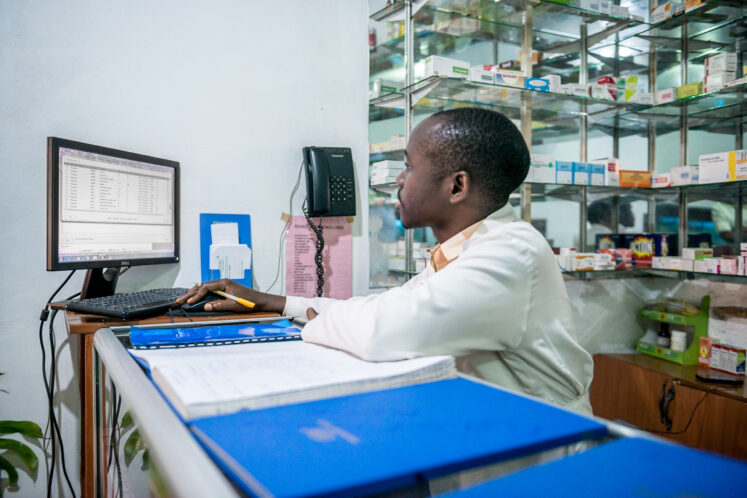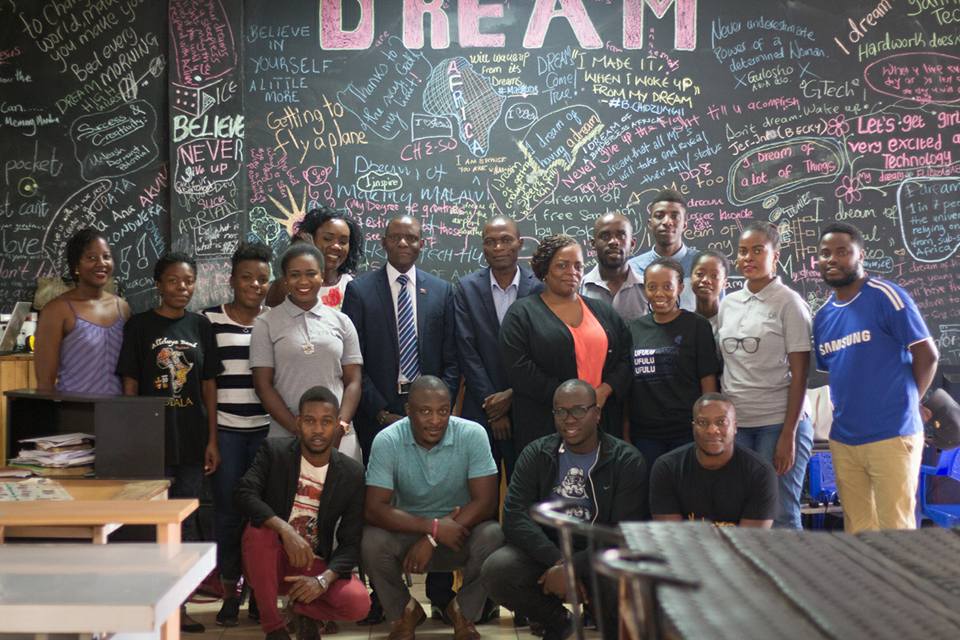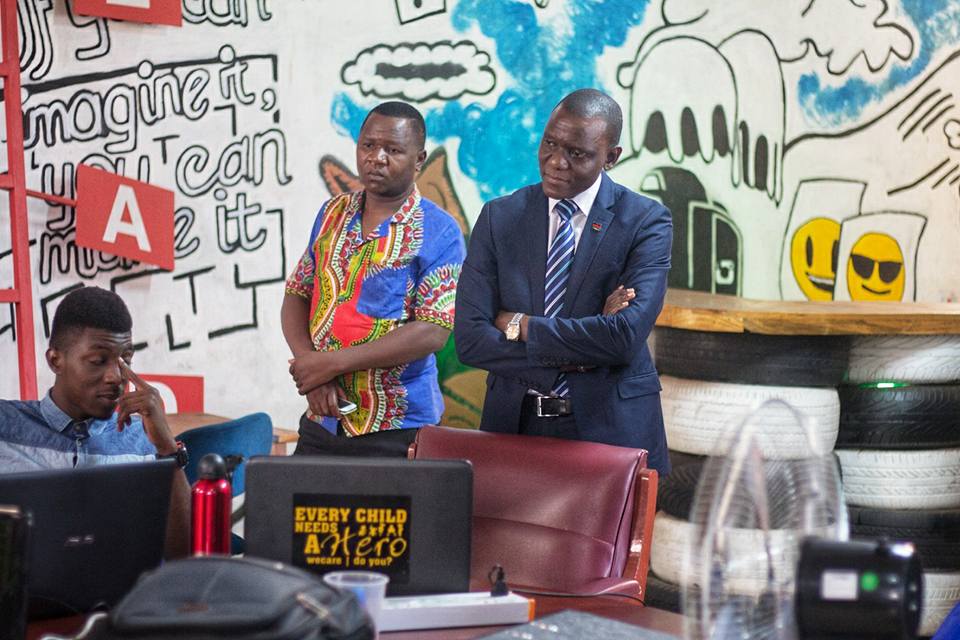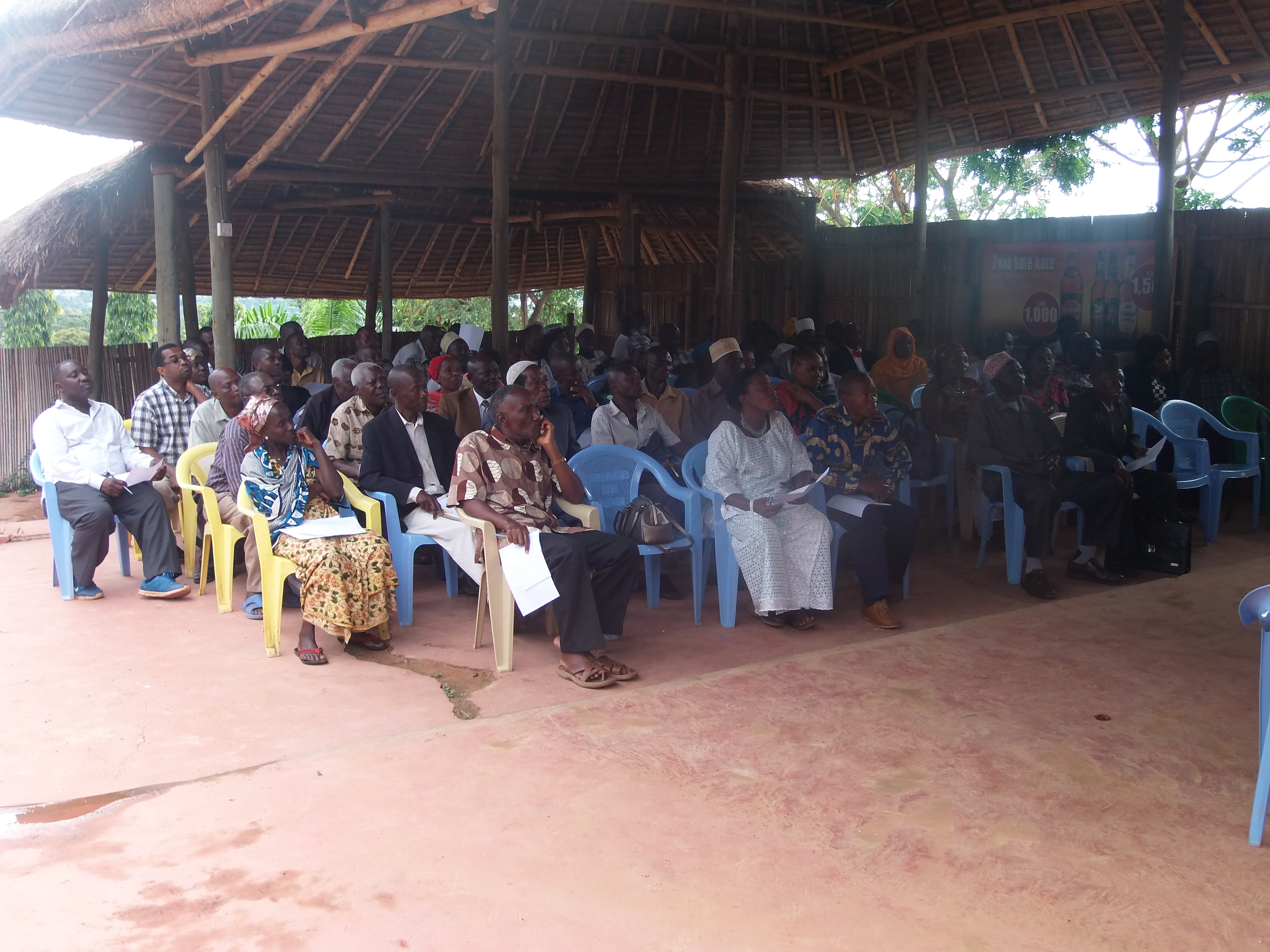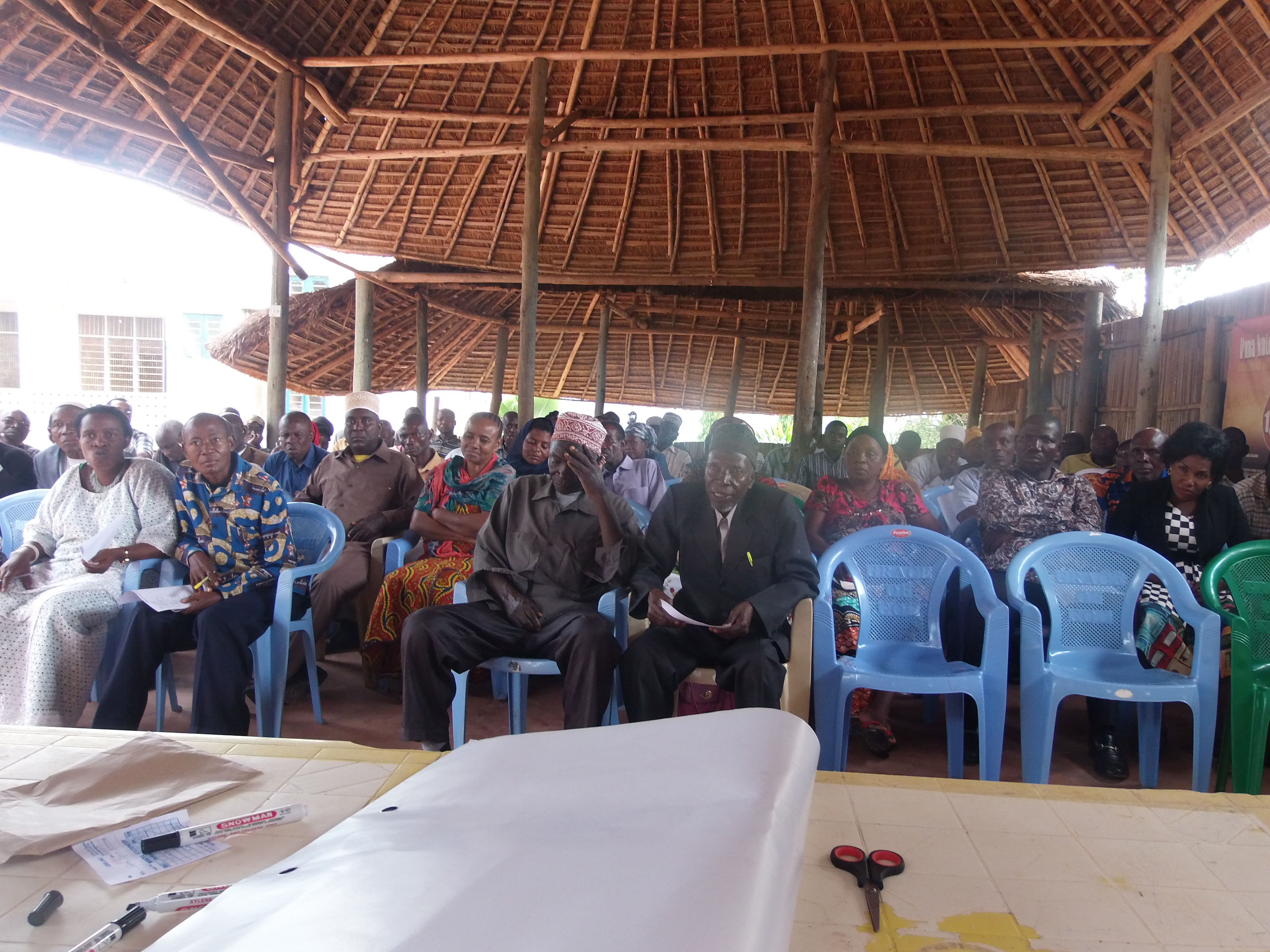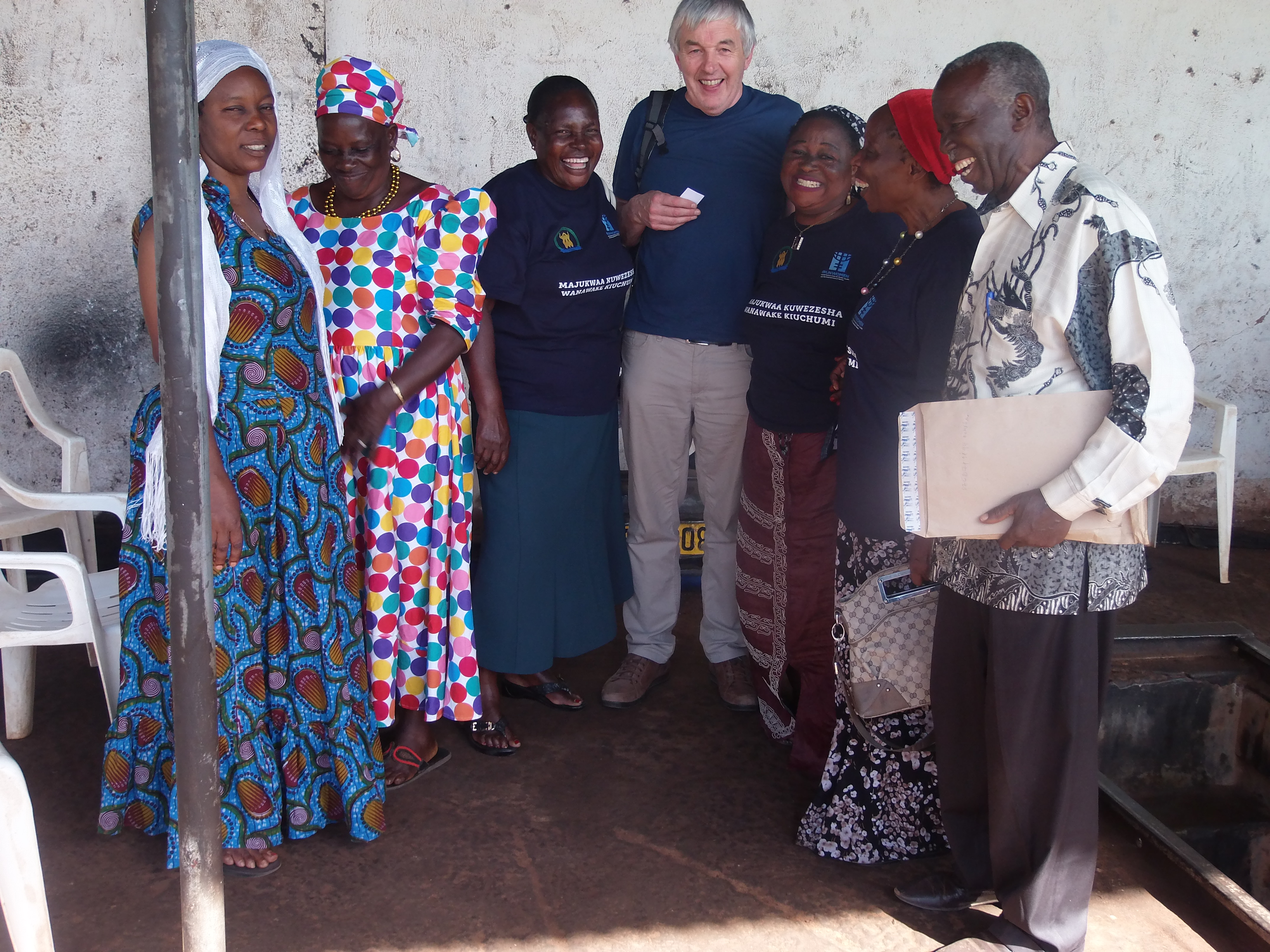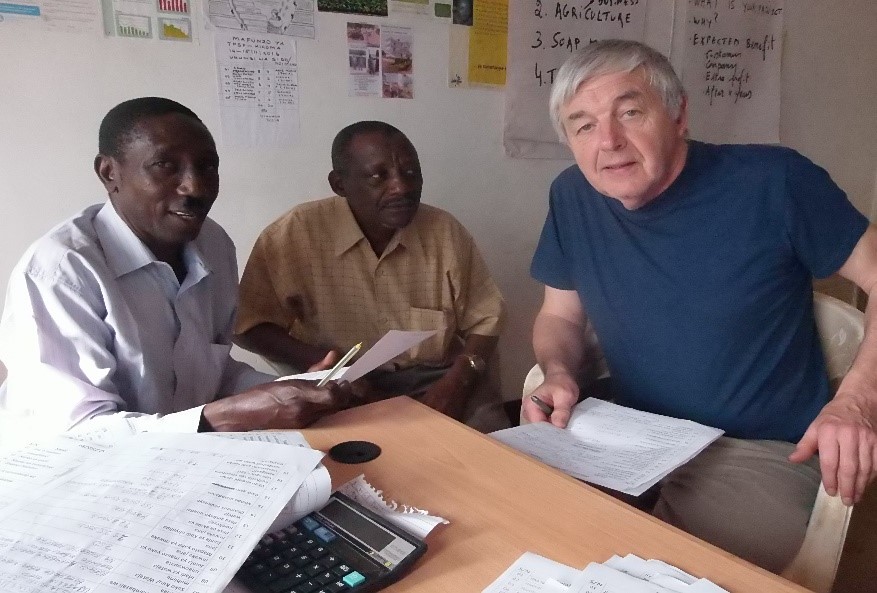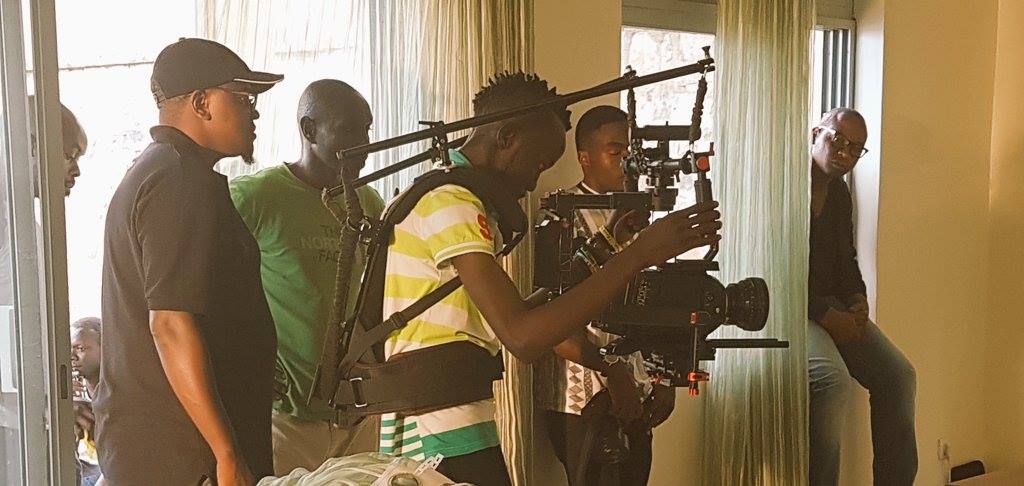
Branding the African optimistic way of life
Quake advertising
Immediately noticeable in Rwanda is that the advertising landscape is very small. Multinationals that establish themselves in Rwanda have their own branding that is ubiquitous, but local brands are rarely in the picture in advertising.
Quake advertising is a marketing and advertising agency that wants to ensure that these African brands become locally relevant. Quake's ambition is to position itself as an African advertising agency for African brands and markets. Maurice, the young entrepreneur behind Quake tries every day, together with his young team of very driven young developers, project managers, social media and PR experts, to make this dream come true, but he faces a number of challenges.


Employee retention and attracting big customers
After a positive feasibility study in early 2019, Exchange and Quake advertising decided to start a growth programme. In April 2019, a coach was appointed who identified the following challenges at Quake:
First of all, it is difficult for an advertising agency to attract and retain talented young developers. Indeed, many young talented developers are experiencing strong growth after recruitment and take the leap to larger companies with better paid jobs.
A second challenge is convincing large customers in order to extract more income. Quake works for many small customers, which proportionally provide a lot more work, while generating little income. By bringing in a few large customers, they can also continue to provide work for the smaller, local brands.
Exchange is committed to responding to these two challenges. The Exchange coach provides permanent coaching through bi-monthly contact. Together with Quake, other necessary Exchange expertise is now being further mapped. Together with a lot of optimism we try to realize the ambition of Quake.
We already believe in this African dream from Maurice & co!


